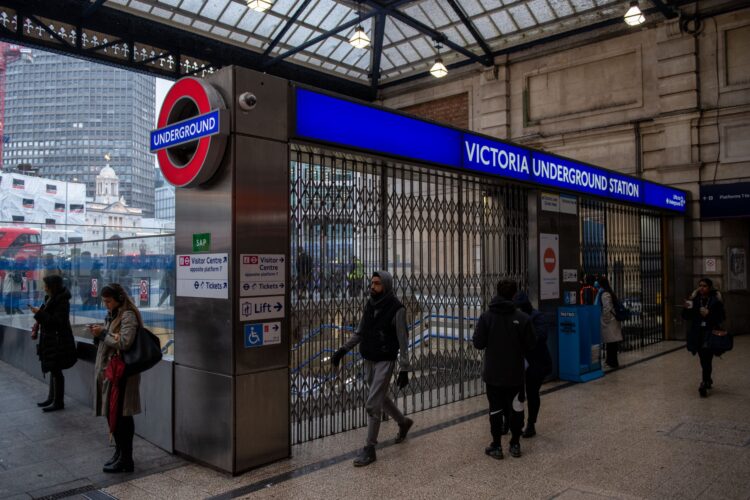By James Simons-
London Underground (LU) drivers, represented by the Aslef union, are set to stage two 24-hour strikes in protest against ongoing disputes over terms and conditions.
The industrial action, scheduled for April 8 and May 4, raises concerns of travel disruption and potential chaos across the capital.
Finn Brennan, the union’s organizer on LU, expressed frustration over the failure of London Underground management to provide assurances regarding changes to drivers’ working conditions.
Despite previous commitments to withdraw plans for significant alterations, Brennan asserted that management had persisted in preparing to impose their agenda without agreement.
In a statement, Brennan highlighted concerns over proposed longer shifts for drivers, which could result in up to a 25% increase in time spent in the cab, as well as the removal of existing working agreements under the guise of flexibility and efficiency.
He argued that such measures ultimately translate to intensified workloads and reduced compensation for employees.
The decision to strike comes after Aslef drivers voted overwhelmingly, with 98% in favour of industrial action.
This latest move follows a strike staged by Aslef members a year ago, marking a continuation of the protracted dispute between the union and London Underground management.
Responding to the impending strikes, a spokesperson for Transport for London (TfL) emphasized ongoing efforts to modernize procedures and processes on the London Underground.
While asserting that there are no plans to unilaterally impose changes and reaffirming commitments to job security and safety, TfL urged Aslef to engage in further discussions to avert disruption for Londoners.
The announcement of strike action underscores the deep-seated tensions between LU drivers and management, rooted in conflicting visions of workplace practices and employee welfare.
The looming strikes represent a critical juncture in efforts to resolve the longstanding dispute and mitigate the potential impact on commuters and the broader public.
The specter of further disruption looms large until a mutually acceptable agreement is reached, highlighting the challenges inherent in managing labor relations within vital public transportation networks.

